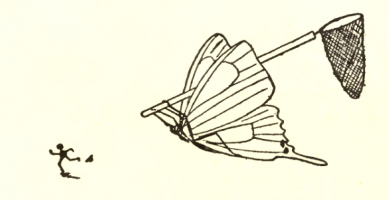 Title: Adherence to Adjuvant Neuropathic Pain Medications in a Palliative Care Clinic
Title: Adherence to Adjuvant Neuropathic Pain Medications in a Palliative Care Clinic
What Caught Our Attention: We’ve found a fourth retraction for the unlicensed use of a common research tool, an issue we explored in depth for Science last year. Quick recap: When researchers use a copyrighted questionnaire (MMAS-8) without permission, they get a call from its creator Donald Morisky (or his representative), asking them to pay up — sometimes thousands of dollars. There’s another option: Retract the paper. That was the choice made by a group of researchers in Arkansas, who — in a nicely detailed notice — note that, since the scale was developed using federal funds, “they dispute the validity and reasonableness of Dr. Morisky’s demands in light of the National Institutes of Health’s Principles and Guidelines for Recipients of NIH Research Grants and Contracts on Obtaining and Disseminating Biomedical Research Resources.” Continue reading Caught Our Notice: Should publicly funded research tools be free for researchers to use?
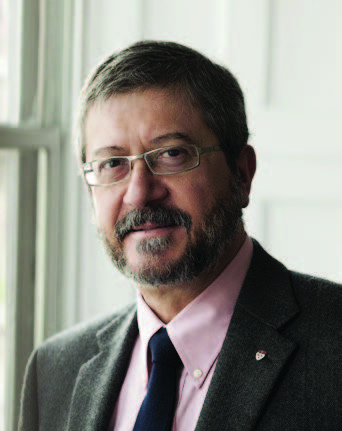
 When the
When the  A chemistry journal has retracted a nanoparticle paper following heavy outcry from readers, who
A chemistry journal has retracted a nanoparticle paper following heavy outcry from readers, who 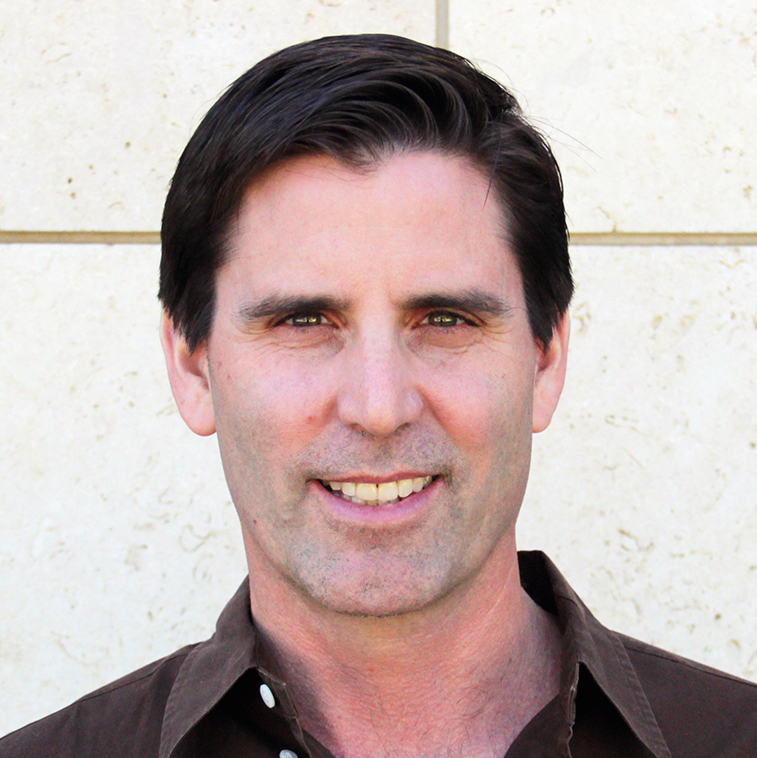

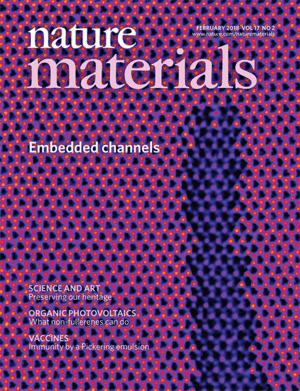 The authors of a highly cited 2016 research letter on a way to improve the efficiency of solar panels have retracted their work following “concerns about the reproducibility.”
The authors of a highly cited 2016 research letter on a way to improve the efficiency of solar panels have retracted their work following “concerns about the reproducibility.”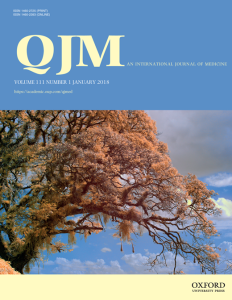 A medical journal has
A medical journal has 
